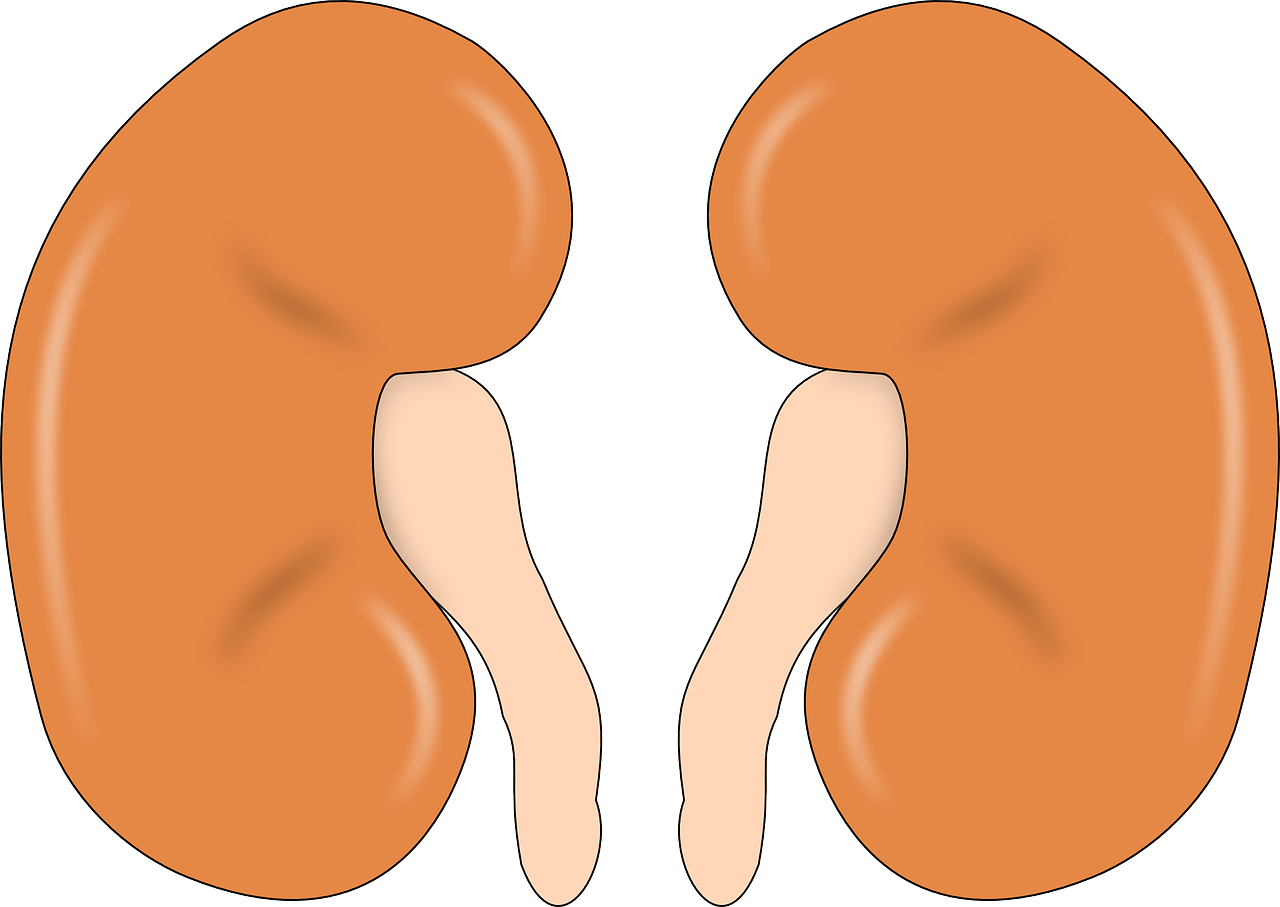All About Urinary Tract Infections (UTI)

Urinary tract infections (UTIs) are common infections that affect the bladder, kidneys and the tubes connected to them. Anyone can get them, but they’re particularly common in women.
Some women experience them regularly (recurrent UTIs). UTIs can be painful and uncomfortable, but usually pass within a few days and can be treated with antibiotics.
On this week’s posting, we share with you on the risk factors to prevent UTI and if you know someone who has recurrent UTI, we have shared some treatment and management tips as well.
The risk factors of UTI includes:

Being a female: Females have shorter ureter tracts as compared to man.

Birth control: Using diaphragms and spermicides may increase the risk of UTI.

Sexual activity: Having a partner with UTI may increase the spread of bacteria causing UTI.

Menopause: A decline in circulating estrogen causes changes in the urinary tract
Immune system: Those who have weak immune system due to ailments like diabetes and kidney disease are more prone to UTI.

Medical procedures: Urinary procedures like catheter may introduce bacteria into the urethra.
Treatment & Management for UTI

The first line of treatment for UTI is usually antibiotics.
During the treatment period, it is encouraged for the infected individual to:

1. Drink more fluid (min. 2L/day) to flush out the bacteria from the system.

2. Try cranberry juice or pills. Some studies have shown that consumption of cranberry has helped in faster recovery of UTI’s.

3. Wipe from front to back. Do this after urinating and after a bowel movement. It helps prevent the spread of bacteria from the anus to the vagina and urethra.

4. Empty your bladder soon after having sex. Also drink a full glass of water to help flush bacteria.

5. Avoid potentially irritating feminine products like douches. Using them in the genital area can irritate the urethra.

6. Change the birth control method used. Diaphragms, unlubricated condoms or condoms treated with spermicide can contribute to bacterial introduction to the urethra.
Reference:
Urinary tract infections: epidemiology, mechanisms of infection and treatment options. Nat Rev Microbiol.






